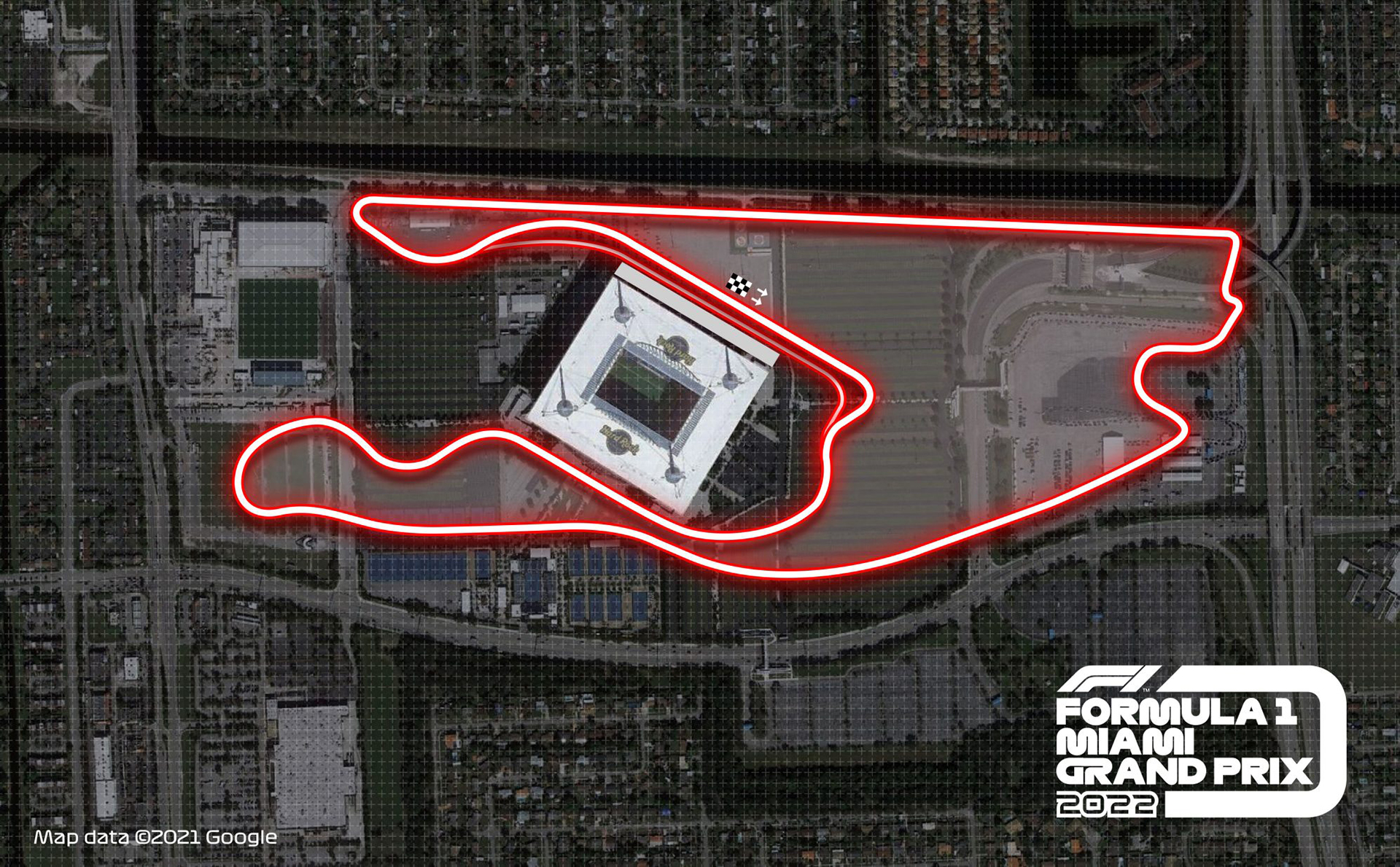The Formula 1 circus is headed to Florida for the first-ever Miami Grand Prix this year but residents of Miami Gardens, which surrounds the track, are not happy about the race. The judge in a case brought forward by locals who object to the noise and disruption of the event recently said, though, that the plaintiffs had to prove why noise from the race would be severe enough to make them “suffer actual injury,” the Miami Herald reports.
Judge Alan Fine asked residents on Monday to provide an explanation in a court filing by Tuesday to help him decide whether the issue is urgent enough to warrant an emergency hearing before the event begins on May 6.
Judge Fine called another hearing for Wednesday and assured residents that he was not “ignoring” their concerns.
Read Also: Formula 1 Announces Miami Grand Prix For 2022, Will Race At The Hard Rock Stadium Complex
“I’ve done everything I can to take them into account,” the judge said. He added, though, that in making his decision, he would consider whether residents could simply wear earplugs and stay inside their homes for the duration of the on-track action.
Sam Dubbin, a lawyer representing Miami Gardens residents, said that would be an unreasonable request and that he has “little doubt we have residents living close enough to the stadium where the noise level would threaten hearing loss.”
Motorsport reports that the residents have cited an engineering firm’s findings that sound levels for houses 2.5 miles (4 km) away from the track could reach 97 decibels, which is a little louder than a motorcycle from the perspective of its rider. The CDC states that noises louder than 95 decibels can lead to hearing damage after 50 minutes of exposure.
The race organizers have attempted to prevent some sound from escaping the track with PVC sheeting. An attorney for the Hard Rock Stadium, around which the race will wind, said that the preparations for the event are too far along to call it off.
“Make no mistake, judge, the tickets are sold, the track is 95% complete,” she said, adding that stopping the event could cause $300 million in economic losses. “The train has left the station.”
Even if a court decision is not made by the time of this year’s race, the case could drag on. That risks affecting the future of the event, which is contracted to go on for at least the next 10 years.





